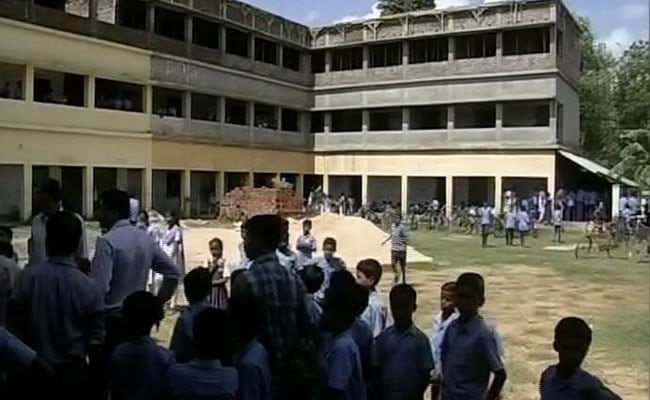
The paper, released by the ministry also talks of raising investment in education sector to at least 6 per cent of GDP. (File photo)
In the “Some Inputs for Draft National Education Policy 2016,” which the ministry put on its website seeking feedback, examining extension of Clause 12 (1) (c) of RTE Act to government-aided minority institutions (religious and linguistic) in view of “larger national commitments towards the economically weaker sections” has also been suggested.
In the draft, put out by the ministry, it is mentioned that the present provisions of no-detention policy will be amended, as it has seriously affected the academic performance of students.
“The no detention policy will be limited up to class V and the system of detention will be restored at the upper primary stage,” the draft inputs paper says.
The draft paper also says that all states and Union Territories, if they so desire, may provide education in schools, up to Class V, in mother tongue, local or regional language as the medium of instruction.
It, however, adds that if the medium of instruction up to primary level is the mother tongue or local or regional language, the second language will be English and the choice of the third language (at the upper primary and secondary levels) will be with the individual states and local authorities, in keeping with the Constitutional provisions.
The draft policy paper also adds that facilities for teaching Sanskrit at the school and university stages will be offered on a more liberal scale.
For higher education, the policy paper suggest an Education Commission comprising academic experts that will be set up every five years to assist the Education Ministry in identifying new knowledge areas as well as pedagogic, curricular and assessment reforms at the global level.
The paper, released by the ministry also talks of raising investment in education sector to at least 6 per cent of GDP and encouraging top foreign varsities to come to India.












